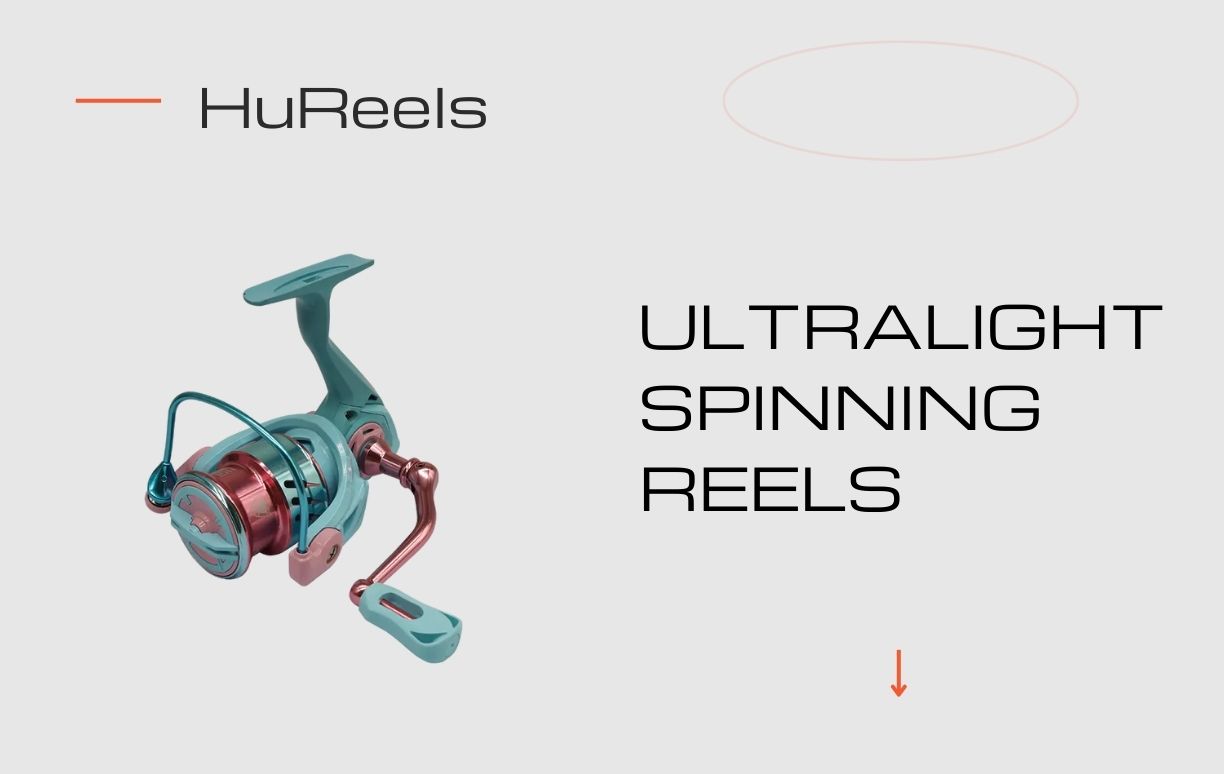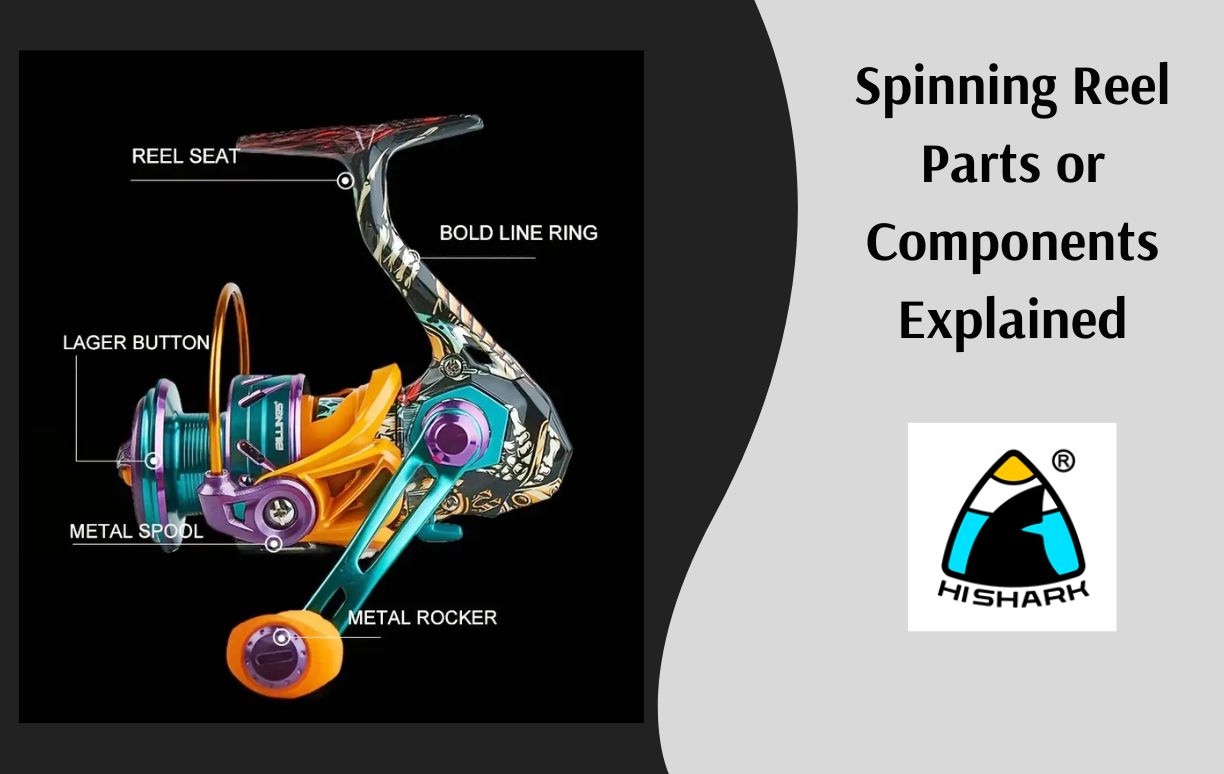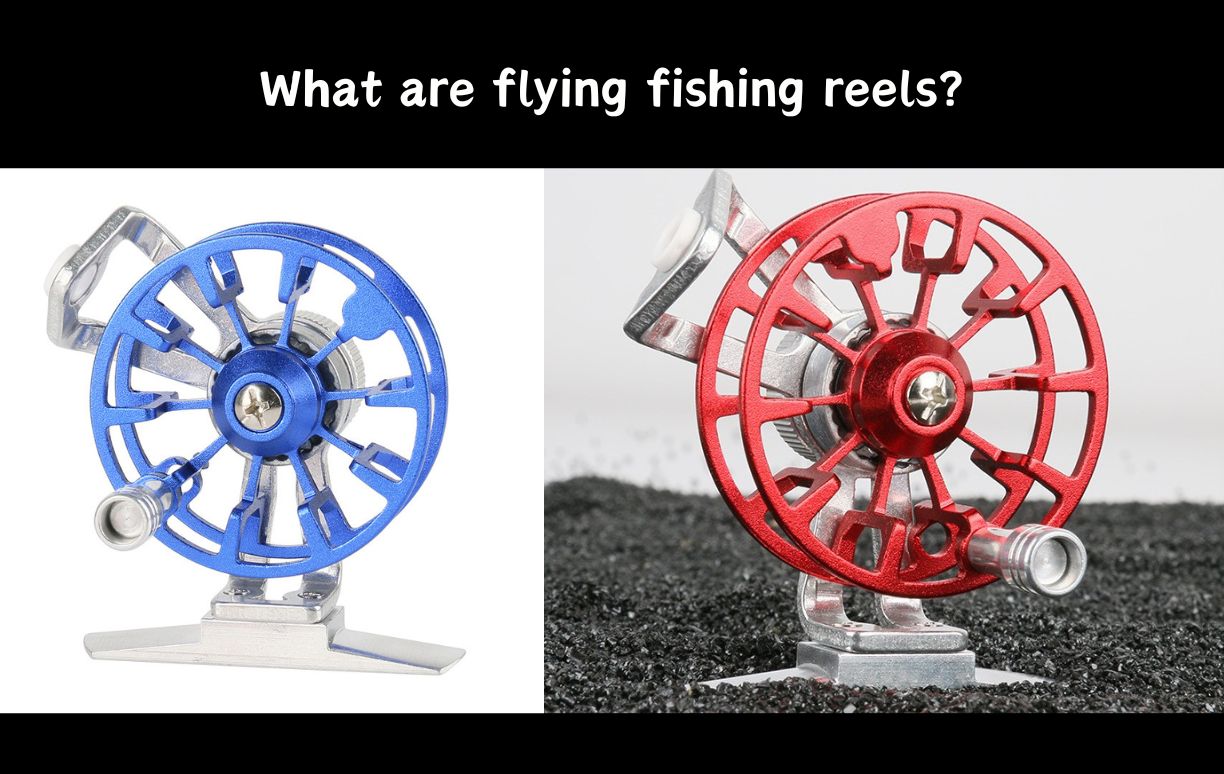
Reeling big fish need skills and tools
Fishing for big fish requires skill, patience, and the right techniques. Whether you’re an experienced angler or a beginner, this guide will help you understand how to reel big fish in those trophy-sized catches.
Preparing for the Catch
Research and Planning
Research the best fishing spots known for big fish. Learn about the species you’re targeting and their habits. Understanding the environment and behavior of your target fish increases your chances of success.
Right Equipment
Invest in high-quality fishing gear. Use a strong, durable rod and reel capable of handling large fish. Select appropriate line strength, hooks, and lures based on the type of fish you aim to catch.
Choosing the Right Bait
Natural Bait
Live bait such as worms, minnows, and insects are highly effective for catching big fish. Fish are often more attracted to natural bait because it mimics their natural prey.
Artificial Lures
Artificial lures like spoons, jigs, and crankbaits can also be effective. Choose lures that imitate the size and color of the fish’s natural prey. Experiment with different types to see what works best.
Mastering Casting Techniques
Overhead Cast
The overhead cast is a basic technique suitable for most fishing situations. Ensure smooth motion and accuracy to place the bait where big fish are likely to be.
Sidearm Cast
The sidearm cast is useful for casting under obstacles like tree branches. This technique helps reach fish hiding in difficult spots.
Setting the Hook
Detecting the Bite
Pay attention to your spinning reel line for any sudden movements or tugs. Big fish often strike quickly and powerfully.
Quick Response
When you feel a bite, react quickly to set the hook. A swift upward motion of the rod helps secure the hook in the fish’s mouth, preventing it from escaping.
Reeling in the Big Fish
Maintain Tension
Keep the line taut to avoid losing the fish. Maintain consistent pressure and avoid giving the fish any slack.
Use the Drag System
The spinning reel drag system on your reel helps control the fish’s pull. Set the drag appropriately to tire the fish without breaking your line.
Pump and Reel Technique
Use the pump and reel technique to bring in the fish. Lift the rod to gain line, then spinning reel in as you lower the rod. This method prevents the fish from gaining too much ground.
Handling Big Fish
Use a Landing Net
A landing net is essential for safely bringing big fish out of the water. Choose a net with a large hoop and deep netting to accommodate bigger catches.
Avoid Harm to the Fish
Handle the fish gently to avoid injuring it. Wet your hands before touching the fish to protect its slime coat, which is vital for its health.
Proper Release
If you plan to release the fish, do so promptly. Remove the fishing hook carefully and support the fish in the water until it swims away on its own.
Fishing Tips and Tricks
Fish During Peak Times
Fish are more active during certain times of the day, such as early morning and late afternoon. Plan your fishing trips during these peak times for better results.
Understand Water Conditions
Big fish often prefer specific water conditions. Look for areas with structure, such as rocks, fallen trees, or underwater vegetation, where big fish are likely to hide.
Stay Patient
Catching big fish requires patience. Be prepared to wait and don’t get discouraged if you don’t catch a big one right away.
Safety Precautions
Wear Appropriate Gear
Wear appropriate clothing, including a hat and sunglasses, to protect yourself from the sun. Use gloves when handling fish to avoid cuts and abrasions.
Stay Hydrated
Bring plenty of water and stay hydrated, especially during long fishing trips. Dehydration can affect your concentration and energy levels.
Be Aware of Your Surroundings
Stay alert to your surroundings to avoid accidents. Be cautious of slippery rocks, fast-moving water, and other potential hazards.
There is one post of benefits of fishing for your reviewing and it will bring you something useful and beneficial for fishing.
Advanced Techniques
Trolling
Trolling involves moving your boat slowly while dragging bait or lures behind. This technique covers more water and increases your chances of encountering big fish.
Fly Fishing
Flying fishing is an advanced technique that uses lightweight lures, known as flies. Mastering this method can be highly effective for catching big fish in rivers and streams.
Ice Fishing
Ice fishing is a unique challenge that requires specialized equipment and techniques. Drilling holes in the ice and using ice fishing rods can lead to catching big fish in winter.
There is one post of spinning reel fishing techniques for your reference.
Summary
Reeling in big fish is an exciting and rewarding experience. By understanding the right techniques, using the appropriate gear, and being patient, you can increase your chances of landing that trophy catch. You will learn now how to reel big fish in this article. Remember to respect nature, follow local fishing regulations, and enjoy the thrill of the chase. Happy fishing!


















